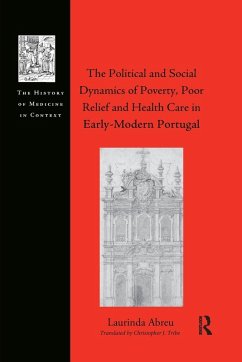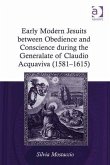By the end of the fifteenth century most European counties had witnessed a profound reformation of their poor relief and health care policies. As this book demonstrates, Portugal was among them and actively participated in such reforms. Providing the first English language monograph on this this topic, Laurinda Abreu examines the Portuguese experience and places it within the broader European context. She shows that, in line with much that was happening throughout the rest of Europe, Portugal had not only set up a systematic reform of the hospitals but had also developed new formal arrangements for charitable and welfare provision that responded to the changing socioeconomic framework, the nature of poverty and the concerns of political powers. The defining element of the Portuguese experience was the dominant role played by a new lay confraternity, the confraternity of the Misericórdia, created under the auspices of King D. Manuel I in 1498. By the time of the king's death in 1521 there were more than 70 Misericórdias in Portugal and its empire, and by 1640, more than 300. All of them were run according to a unified set of rules and principles with identical social objectives. Based upon a wealth of primary source documentations, this book reveals how the sixteenth-century Portuguese crown succeeded in implementing a national poor relief and health care structure, with the support of the Papacy and local elites, and funded principally though pious donations. This process strengthened the authority of the royal government at a time which coincided with the emergence of the early modern state. In so doing, the book establishes poor relief and public health alongside military, diplomatic and administrative authorities, as the pillars of centralization of royal power.
Bitte wählen Sie Ihr Anliegen aus.
Rechnungen
Retourenschein anfordern
Bestellstatus
Storno









